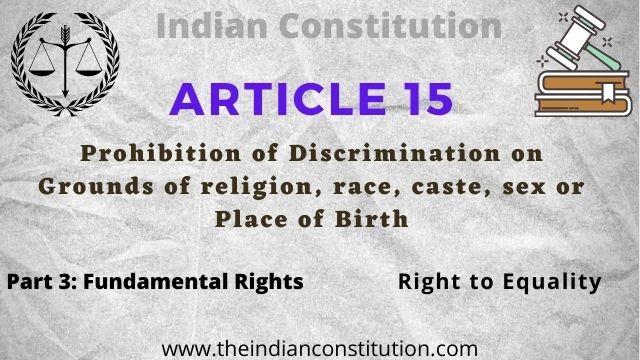Reasons For Adopting The Parliamentary System In India
A plea was made in favor of the US presidential system of government in the Constituent Assembly1. However, the founding fathers preferred the British parliamentary system for the following reasons:
(1) Familiarity with the System
The Constitution-makers were somewhat familiar with the parliamentary system as it had been in operation in India during British rule. K M Munshi argued that ‘For the last thirty or forty years, some kind of responsibility has been introduced in the governance of this country. Our constitutional traditions have become Parliamentary. After this experience, why should we go back and buy a novel experience.”2
(2) Preference for More Responsibility
Dr. BR Ambedkar told the Constituent Assembly that ‘A democratic executive must fulfill two conditions: stability and responsibility.’ Unfortunately, so far it has not been possible to create a system that can ensure both on an equal footing. The American system gives more stability but less responsibility. On the other hand, the British system gives more responsibility but less stability. The draft Constitution prioritized greater responsibility for greater stability, recommending a parliamentary system of the executive.
(3) Need to Avoid Legislative-Executive Conflicts
The framers of the Constitution wanted to avoid the conflict between the legislature and the executive that is natural in the presidential system prevalent in the United States. He thought that an infant democracy could not afford continued rifts, feuds or possible conflict between these two arms of government. They wanted a government that would promote the all-round development of the country.
(4) Nature of Indian Society
India is one of the most heterogeneous states and most complex plural societies in the world. Therefore, the framers of the Constitution adopted the parliamentary system because it provides greater scope for giving representation to different classes, interests and regions in the government. It promotes national feeling among the people and creates a united India.
Whether the parliamentary system should be continued or the presidential system should be implemented in its place has been a matter of discussion and debate in our country since the 1970s. The matter was considered in detail by the Swaran Singh Committee appointed by the Congress government in 1975. The committee was of the opinion that the parliamentary system was working well, so there was no need to replace it with the presidential system.


